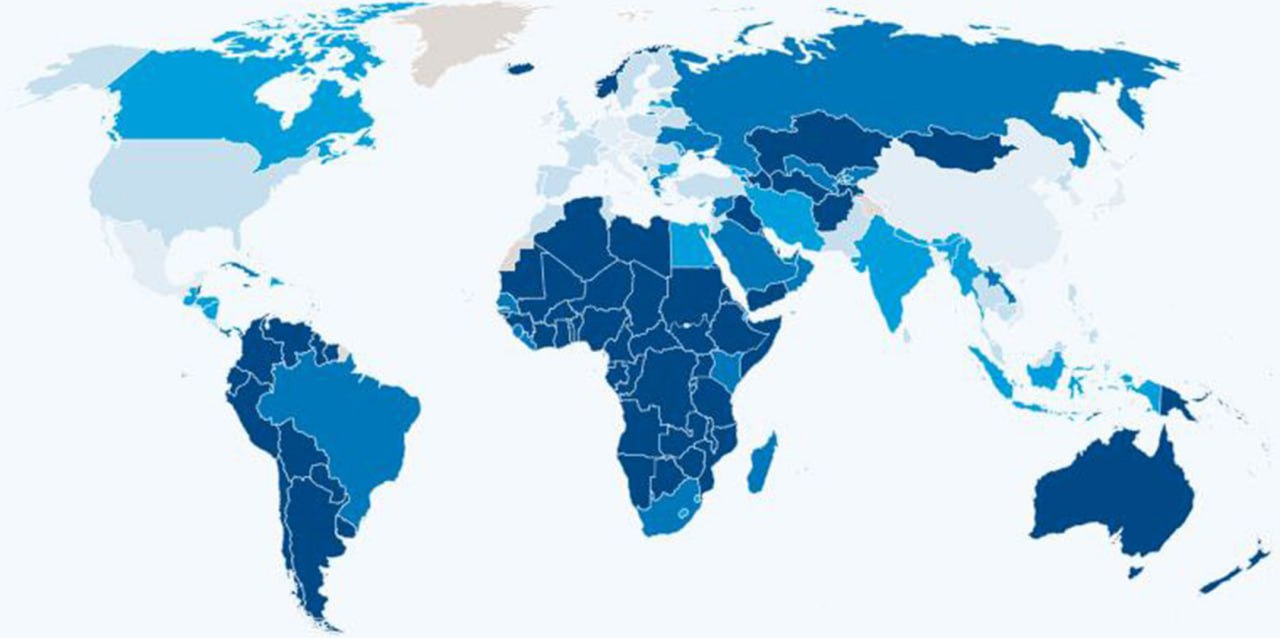A recent report by the United Nations Conference on Trade and Development (UNCTAD) highlights Ethiopia’s urgent need to diversify its economy and reduce reliance on crude goods exports to ensure sustainable growth and stability. The comprehensive study, incorporating data up to fiscal year 2023, underscores challenges linked to Ethiopia’s heavy dependence on raw material exports and calls for accelerated value-adding activities.
According to UNCTAD’s statistics, Ethiopia’s commodity exports totaled approximately USD 3.85 billion during 2021-2023. However, of this, about USD 3.38 billion represented exports of goods that were not allocated to any specific category, signaling a significant concentration in unprocessed raw materials. The report flags a worrisome indicator that exports of all classified products relative to GDP reached just 7.2% in the same period, while income derived from natural resource rents ballooned to 85.4% of GDP in 2020-2021. This points to Ethiopia’s economic dependence on extractive sectors with little downstream processing.
In the composition of exports, agricultural products dominated, accounting for 70.7% of Ethiopia’s exports in 2021-2023. Minerals comprised 10.9%, and energy exports contributed a modest 1.3%. Coffee and coffee substitutes remained the nation’s leading individual export item, representing 30.6% of total exports, followed by oilseeds and oily fruits at 13.7%, and grains at 10.2%.
UNCTAD’s report reiterates the long-standing global concern that continued reliance on raw material exports exposes economies to global commodity price volatility and stifles sustainable industrial development. This challenge is particularly acute for structurally vulnerable countries, including over 80% of low-income and landlocked developing countries, as well as around 60% of small island developing states, of which Ethiopia is an example.
Between 2021 and 2023, UNCTAD notes that two-thirds of the 143 developing countries assessed (95 countries) remained dependent on raw material exports, reflecting slow progress on diversification across much of the developing world.
On the import side, Ethiopia brought in crude goods worth USD 5.19 billion during fiscal years 2021-2023, with food products making up the largest share at USD 3.02 billion. This import pattern highlights Ethiopia’s paradoxical position of exporting agricultural commodities while remaining dependent on food imports.
Human development indicators underline the urgency of economic diversification. Ethiopia’s Human Development Index (HDI) was 0.492 in 2019, while the share of its population living below the global poverty line stood at 22.2% in 2022. Against this backdrop, UNCTAD emphasizes that strategic investments are vital to strengthen the value addition process, expand industrial diversification, and implement sound trade policies that can underpin Ethiopia’s economic resilience and sustainable development.
The report serves as a reminder that breaking out of commodity dependence requires active policy measures fostering industrialization, technology adoption, and diversification beyond the traditional agricultural and mineral sectors. For Ethiopia, such steps would reduce vulnerability to external shocks, generate more stable income streams, and create broader employment opportunities.
UNCTAD’s findings warn that Ethiopia’s current economic structure remains highly vulnerable due to overreliance on crude goods exports. To build a more prosperous and stable future, Ethiopia must accelerate efforts to promote value addition and diversify its export base, maximizing the benefits of its agricultural strengths while developing new industrial capacities.



